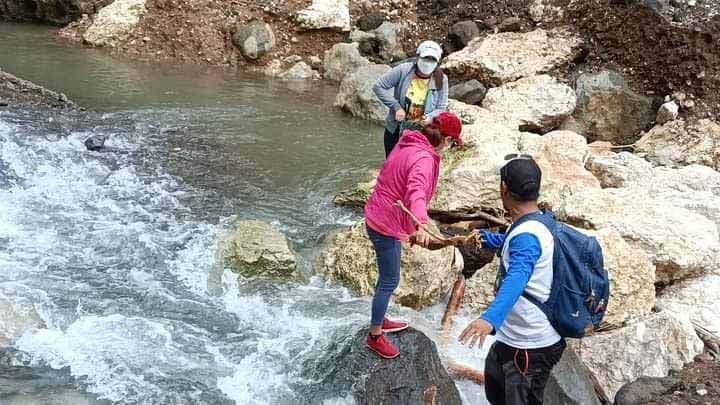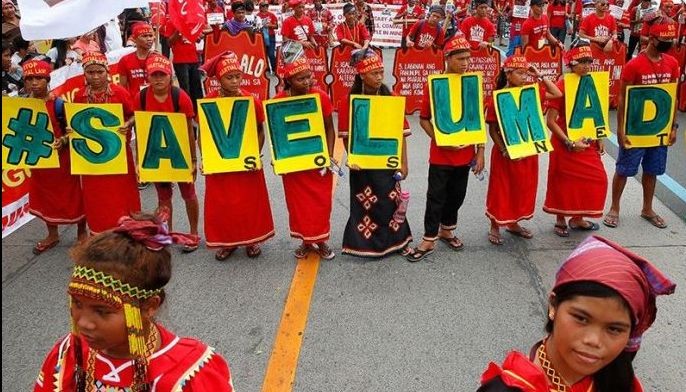UP to offer minor in alternative learning to create more community teachers

MANILA, Philippines — The University of the Philippines Diliman has approved a proposal to create a minor program in Alternative Learning System — the first of its kind in the Philippines that will allow students to specialize in teaching marginalized communities.
Starting next semester, the UP Diliman College of Education will start offering the minor in ALS program to both education and non-education majors to address the shortage of community-based teachers in the country.
Mercedez Arzadon, professor at the UP College of Education, said in a Facebook post that the program will train students from various disciplines — including Community Development, Arts Studies, Psychology and others — to teach in the ALS or lead its implementation.
With the minor in ALS program, students can become a “mobile teacher, instructional manager, administrator, material creator, researcher, resource generator, policy analyst and advocate for ALS” regardless of their degree program, Arzadon said.
ALS is a Department of Education (DepEd) program that provides education to out-of-school youth, adults and other learners from marginalized sectors who cannot enter the formal schooling system.
A UNICEF study shows that from 2016 to 2021, DepEd’s ALS program reached only an estimated 15% of the total number of prospective ALS students in the country, which is around five million.
With more than seven million out-of-school youth and adults in the Philippines — the fifth largest in the world — the government passed a law in 2020 to institutionalize ALS and increase the number of teachers deployed to communities outside the formal schooling system.
Most teachers trained in formal school system
The ALS program was specifically designed to respond to the need for more community teachers — regardless of degree program — capable of handling diverse sets of students of varying ages with different needs, according to its rationale.
This is because generally, mobile teachers assigned to teach out-of-school youth and adult learners are drawn from an existing pool of teachers already employed in formal schools.
“Usually their perspective is teaching in a formal setting, (and they) need to unlearn some of it,” Arzadon said.
A typical ALS class in a community, for instance, will have students of different ages who need different lesson plans sitting side-by-side in makeshift or temporary classrooms.
DepEd’s 2020 ALS roadmap acknowledged that the program needs more teachers who can educate “a diverse set of learners across three major educational stages and six learning strands.”
This was echoed in an audit by the Philippine Normal University in 2021 that found most teacher education institutions did not adequately train educators to handle diverse students.
The UP College of Education aims to fill the gap through the minor in ALS course offering, which it expects will create teachers “not only knowledgeable about the principles, methods, and approaches of alternative teaching and learning, but advocate for inclusive education and lifelong learning.”
The minor in ALS program, which covers 18 to 21 units of education and non-education classes, includes required courses in teaching numeracy, literacy, as well as community development, education psychology and sexuality education, among others.
- Latest
- Trending


































